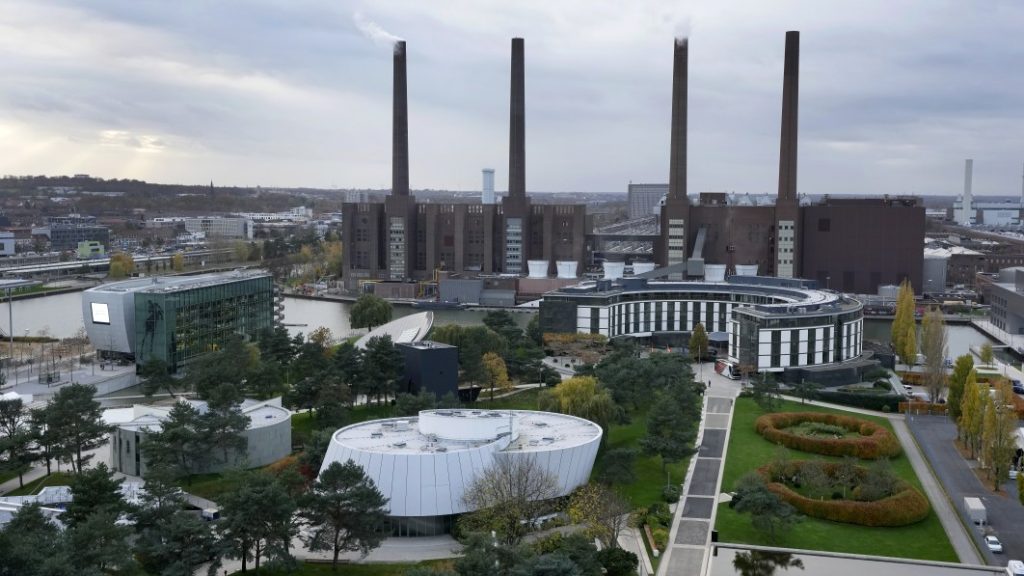VW may move production because of Russia's cutoff of natural gas

Volkswagen AG is exploring ways to counter a shortage in natural gas, including shifting production around its network of global facilities, signaling how the energy crisis unleashed by Russia’s invasion of Ukraine threatens to upend Europe’s industrial landscape.
Volkswagen, Europe’s biggest carmaker, said Thursday that reallocating some of its production was one of the options available in the medium term if gas shortages last much beyond this winter. The company has major factories in Germany, the Czech Republic and Slovakia, which are among European countries most reliant on Russian gas, as well as facilities in southern Europe that source energy from elsewhere.
“As mid-term alternatives, we are focusing on greater localization, relocation of manufacturing capacity, or technical alternatives, similar to what is already common practice in the context of challenges related to semiconductor shortages and other recent supply chain disruptions,” Geng Wu, Volkswagen’s head of purchasing, said in a statement.
Russia’s decision to throttle gas supplies to Europe has raised concerns that Germany might be forced to ration its fuel. Recent news that gas storage levels hit 90% ahead of schedule has soothed fears of acute shortages this winter, but Germany faces a challenge in replenishing depleted reserves next summer without contributions from Russia.
Southwestern Europe or coastal zones of northern Europe, both of which have better access to seaborne liquefied natural gas cargoes, could be the beneficiaries of any production shift, a Volkswagen spokesman said by phone. The Volkswagen group already operates car factories in Portugal, Spain and Belgium, countries that host LNG terminals.
Labor hurdles
To be sure, any major production shift away from Europe’s biggest economy would face significant hurdles. VW has some 295,000 employees in Germany and worker representatives account for around half the company’s 20-member supervisory board. Any shift in production would likely involve a limited number of vehicles rather than wholesale factory shutdowns.
While gas supplies for VW’s plants are currently secured, the company has identified potential savings at its European sites to cut gas consumption by a “mid-double-digit percentage,” said Michael Heinemann, managing director of VW’s power-plant unit.
Still, the carmaker said it was concerned about the effect high gas prices could have on its suppliers.
“Politicians must also curb the currently uncontrolled explosion in gas and electricity prices,” said Thomas Steg, the company’s head of external relations. “Otherwise small and medium-sized energy-intensive companies in particular will have major problems in the supply chain and will have to reduce or stop production.”



